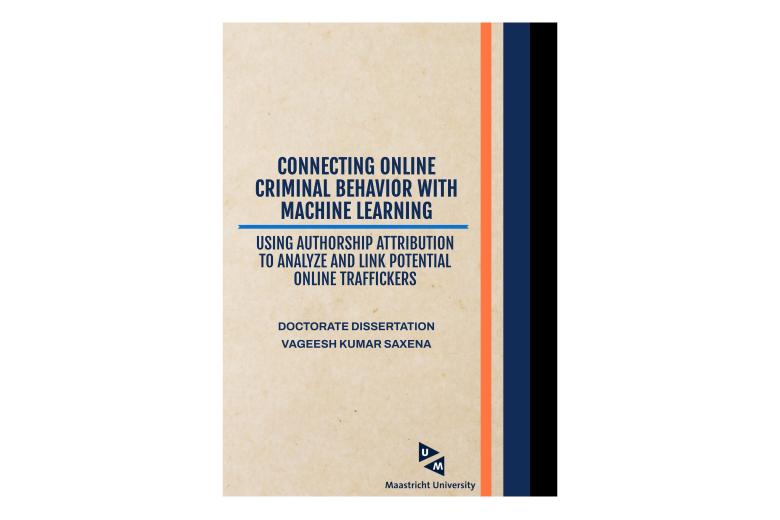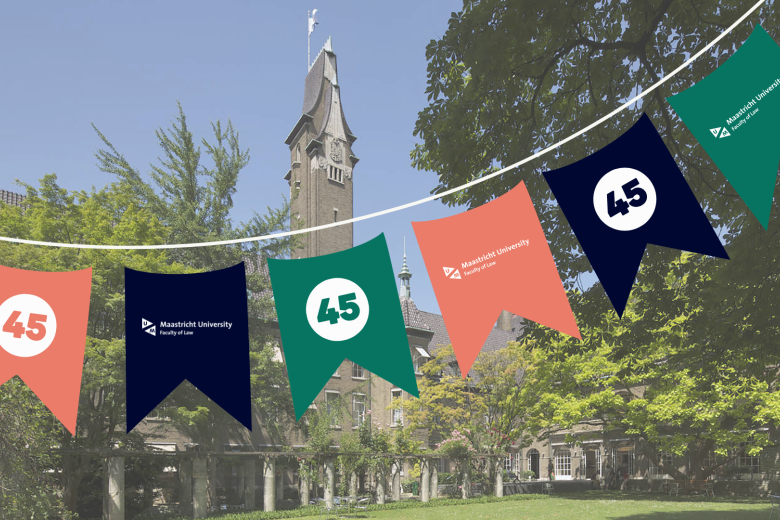SAVE THE DATE: Conference 'Populism and Democracy'
For at least the past decade, global liberal democracy has been increasingly haunted by the spectre of populism. Populist leaders have assumed government power in a diverse range of countries: Hungary, the US, Italy, and the Philippines are just some of the examples. Even where ‘established’ parties and actors continue to govern, populism as a political style and strategy has left its mark, from Brexit to the electoral successes of right-wing populist parties across Europe. Populism has also been associated – and sometimes held responsible for – phenomena of democratic backsliding or constitutional erosion which can be observed in both ‘established’ and ‘young’ democracies around the globe: constitutional conventions are overridden, constitutions amended, replaced, or ignored; ‘illiberal’ or ‘hybrid’ democracies are on the rise in what, on the whole, constitutes a worldwide crisis of liberal democracy. At the same time, both populism and democratic backsliding are elusive concepts, subject to ongoing scholarly debate and often abused as political fighting terms. While there is clearly a link between the rise of populist politics and the decline of liberal democracy, the nature of that think requires closer analysis.
The conference 'Populism and Democracy' brings together scholars of constitutional law and political science from around the world to discuss the influence of populist politics on constitutional developments, the reasons for success or failure of constitutional defences, and potential ways out of the global crisis of liberal democracy.
The conference will take place on Friday, 24 April 2020 at UM Campus Brussels. The preliminary program can be found here: https://www.maastrichtuniversity.nl/events/conference-populism-and-democracy. More information on registration will follow in due time.
Also read
-
Costas Papadopoulos awarded Open Science NL grant
€1.5 million for Open Science Digital Infrastructure for 3D Scholarship
-
Connecting Online Criminal Behavior with Machine Learning: Using Authorship Attribution to Analyze and Link Potential Online Traffickers
PhD thesis by Vageesh Saxena
-
Faculty of Law celebrates 45th anniversary
In 2026, the Faculty of Law at Maastricht University will celebrate its 45th anniversary.